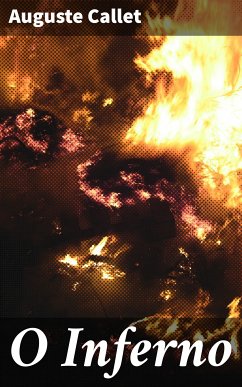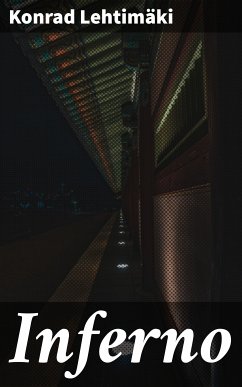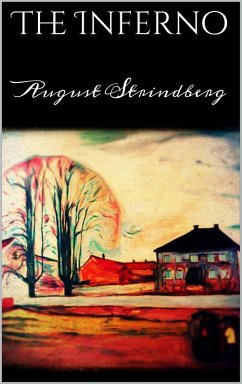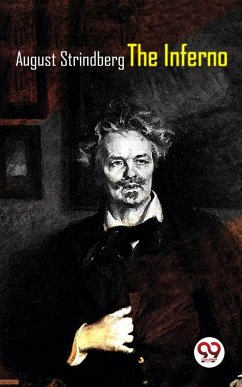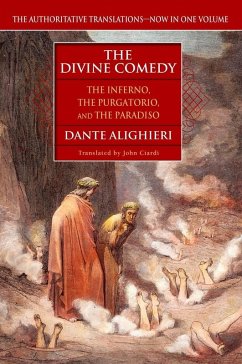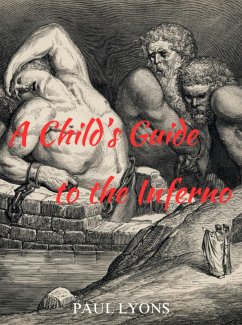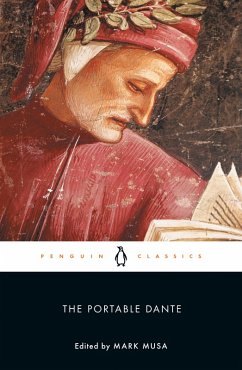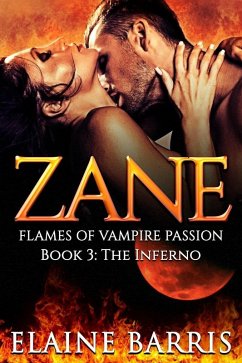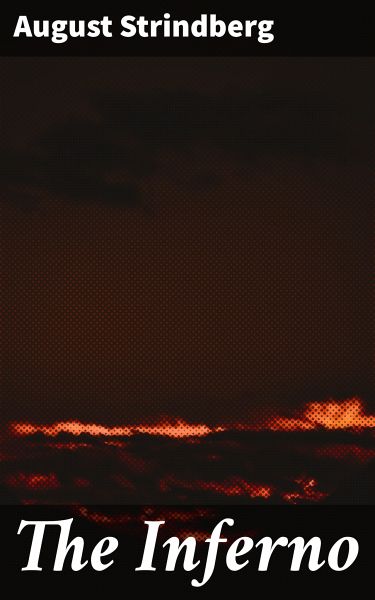
The Inferno (eBook, ePUB)
A Stark Exploration of Mental Illness, Marriage, and Society in 19th Century Sweden
Übersetzer: Field, Claud

PAYBACK Punkte
0 °P sammeln!
In "The Inferno," August Strindberg delves into the labyrinth of the human psyche through a semi-autobiographical narrative that blends elements of the surreal with psychological introspection. Written during a tumultuous period in Strindberg's life, the novel captures his descent into madness, reflecting his struggles with existential despair and spiritual turmoil. The work is characterized by its fragmented structure and vivid imagery, drawing readers into a dreamlike exploration of inner conflicts as it navigates themes of identity, obsession, and redemption. Strindberg's innovative literar...
In "The Inferno," August Strindberg delves into the labyrinth of the human psyche through a semi-autobiographical narrative that blends elements of the surreal with psychological introspection. Written during a tumultuous period in Strindberg's life, the novel captures his descent into madness, reflecting his struggles with existential despair and spiritual turmoil. The work is characterized by its fragmented structure and vivid imagery, drawing readers into a dreamlike exploration of inner conflicts as it navigates themes of identity, obsession, and redemption. Strindberg's innovative literary style challenges conventional narrative forms, positioning this work at the forefront of modernist literature. August Strindberg, a towering figure in Swedish literature, was profoundly influenced by his own tumultuous experiences, including tumultuous relationships and a preoccupation with the metaphysical. His deep interest in the complexities of human emotion and the interplay of sanity and madness is poignantly revealed in "The Inferno." Strindberg's encounters with the psychological crises and societal pressures of his time undoubtedly shaped this intimate exploration of the human condition, resulting in a work that resonates with themes of existentialism and individuality. I highly recommend "The Inferno" to readers who are intrigued by psychological narratives that probe the depths of the human experience. Strindberg's masterful blend of reality and surrealism invites reflection on personal identity and the nature of existence itself, making it an essential read for those eager to explore the intricate dance of sanity and insanity.
Dieser Download kann aus rechtlichen Gründen nur mit Rechnungsadresse in A, B, BG, CY, CZ, D, DK, EW, FIN, F, GR, H, IRL, I, LT, L, LR, M, NL, PL, P, R, S, SLO, SK ausgeliefert werden.




